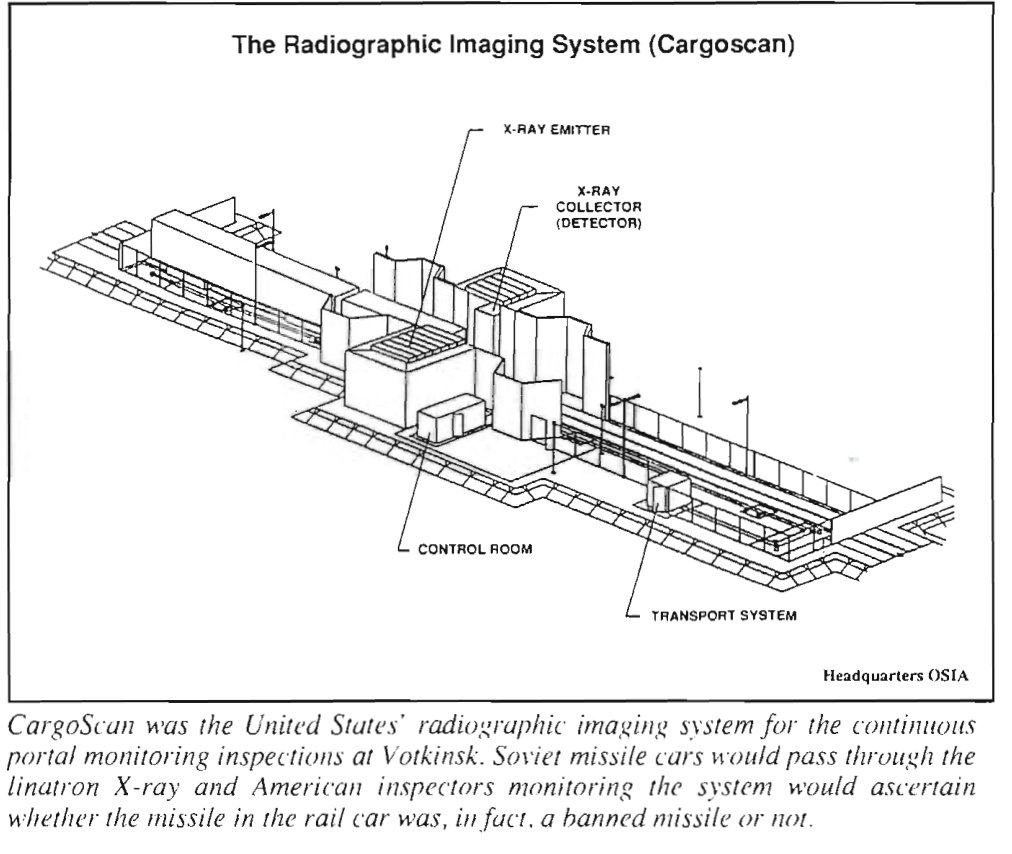<THREAD> Observations on the @mgordonwsj/ @AMSimmons1 @wsj story on the New START extension/warhead freeze story.
BLUF: A deal is possible--and I& #39;d likely support it--but it won& #39;t live up to the admin& #39;s own standards.
https://www.wsj.com/articles/u-s-russia-near-deal-to-extend-new-start-treaty-freeze-warheads-for-a-year-11603197012?">https://www.wsj.com/articles/...
BLUF: A deal is possible--and I& #39;d likely support it--but it won& #39;t live up to the admin& #39;s own standards.
https://www.wsj.com/articles/u-s-russia-near-deal-to-extend-new-start-treaty-freeze-warheads-for-a-year-11603197012?">https://www.wsj.com/articles/...
First off, as @KingstonAReif points out in the story, what& #39;s left to sort out isn& #39;t simple.
Definitions and verification aren& #39;t usually the most *contentious* part of arms control negotiation but are often the most *time consuming.* (2/n)
Definitions and verification aren& #39;t usually the most *contentious* part of arms control negotiation but are often the most *time consuming.* (2/n)
Second, the source ( @USArmsControl, I& #39;d assume) points to the perimeter portal monitoring used in the INF Treaty as a precedent (essentially scanning everything that leaves a facility).
While this establishes the *principle* of PPM, it doesn& #39;t establish *practicality*. (3/n)
While this establishes the *principle* of PPM, it doesn& #39;t establish *practicality*. (3/n)
The INF treaty limited missiles--which are large and easy to detect (with X-rays as it happens). Warheads are smaller and more challenging to detect. I& #39;m not saying it& #39;s impossible--I am saying that the INF approach can& #39;t be applied without extensive modifications. (4/n)
Side note. If you want to geek out on INF Treaty verification, here& #39;s your source: https://www.dtra.mil/Portals/61/Documents/History/On-Site%20Inspections%20INF%20Treaty-opt.pdf">https://www.dtra.mil/Portals/6... (5/n)
Indeed--and here& #39;s the key point--the admin itself recognizes these problems!
They accept that the best they can get is for Russia to agree to negotiate over verification arrangements. (6/n)
They accept that the best they can get is for Russia to agree to negotiate over verification arrangements. (6/n)
So here we are:
Trump administration: We don& #39;t trust Russia to comply with a warhead freeze.
Also Trump administration: We would trust Russia to negotiate in good faith over verification arrangements.
You see the problem?
(7/n)
Trump administration: We don& #39;t trust Russia to comply with a warhead freeze.
Also Trump administration: We would trust Russia to negotiate in good faith over verification arrangements.
You see the problem?
(7/n)
As I said before: (8/n) https://twitter.com/james_acton32/status/1316114283139403777?s=20">https://twitter.com/james_act...

 Read on Twitter
Read on Twitter





